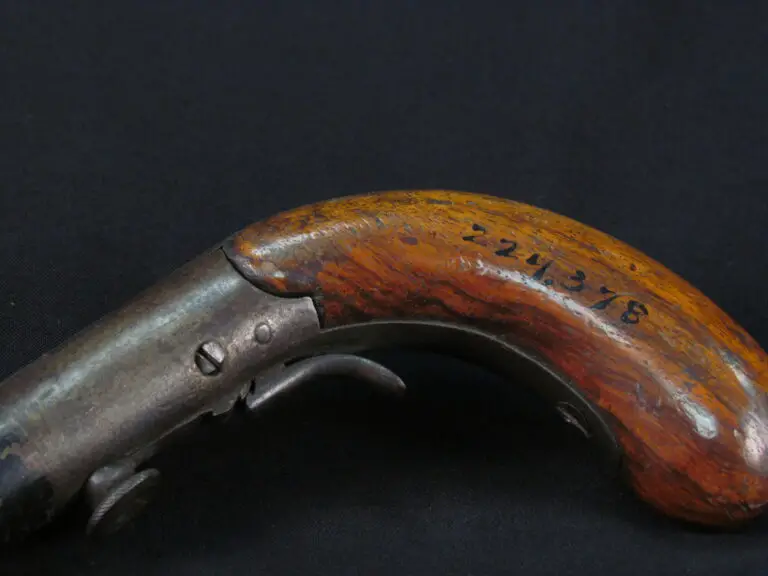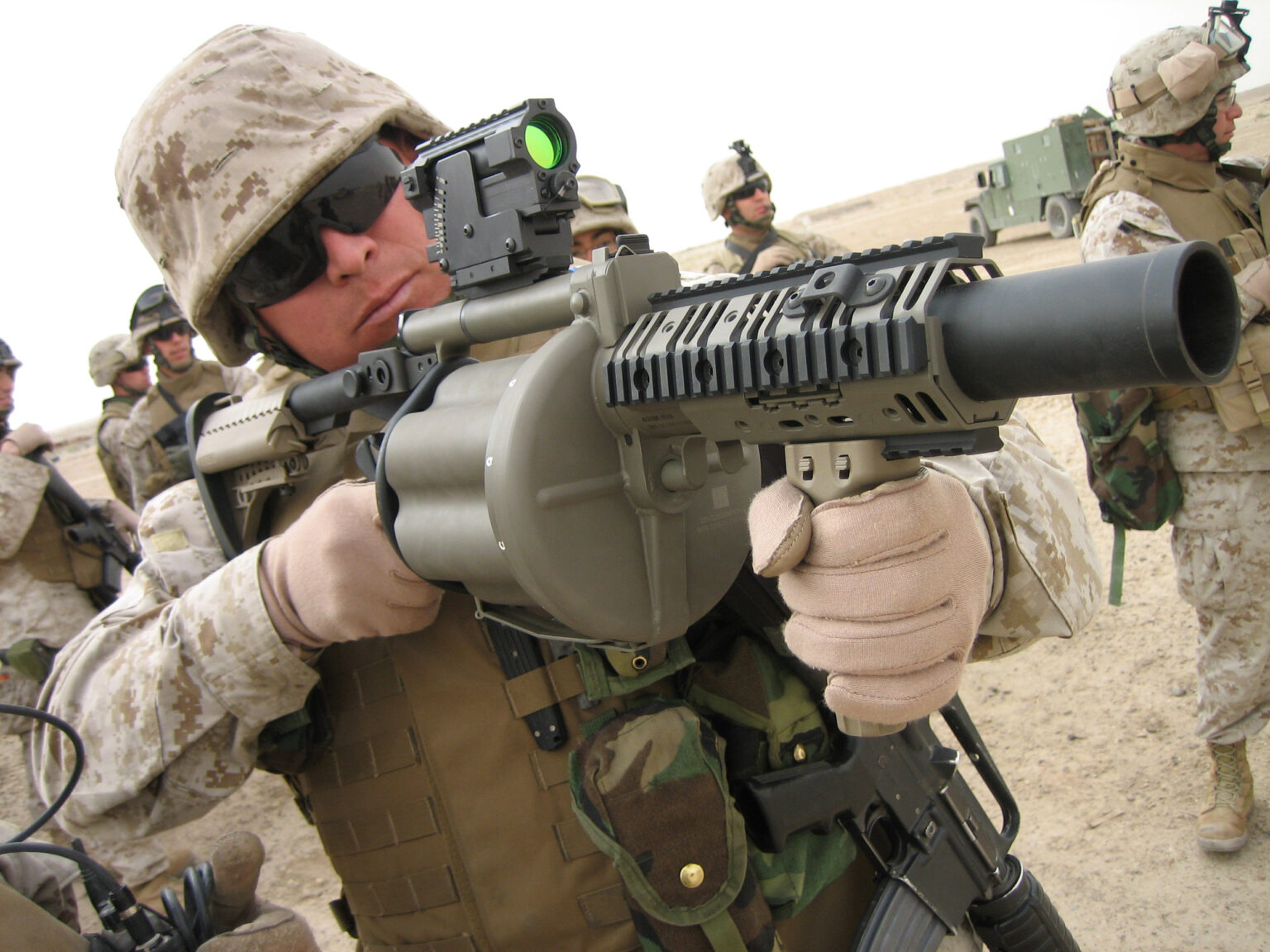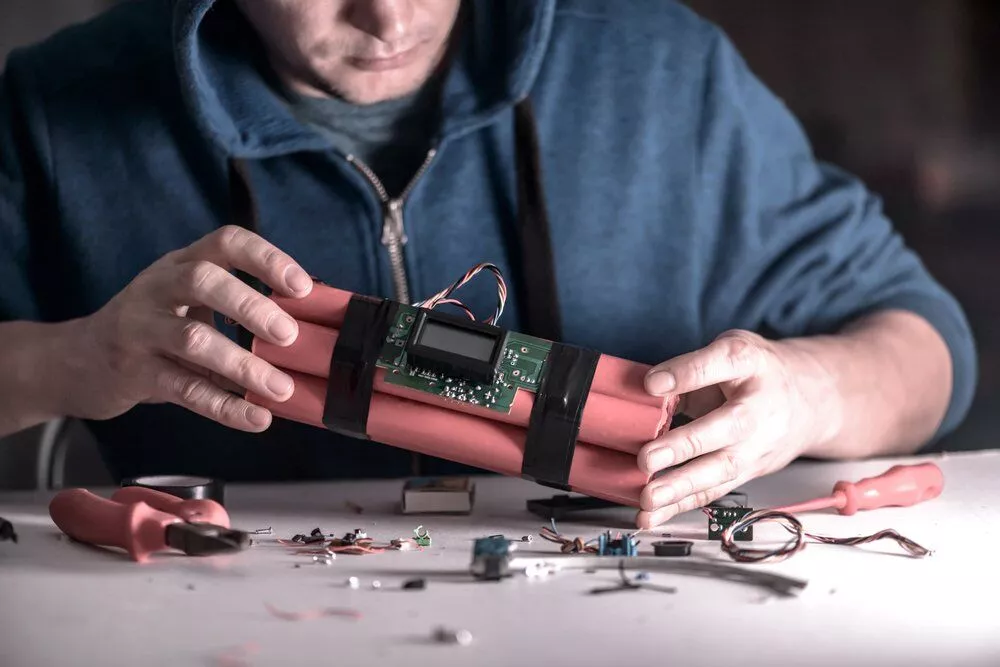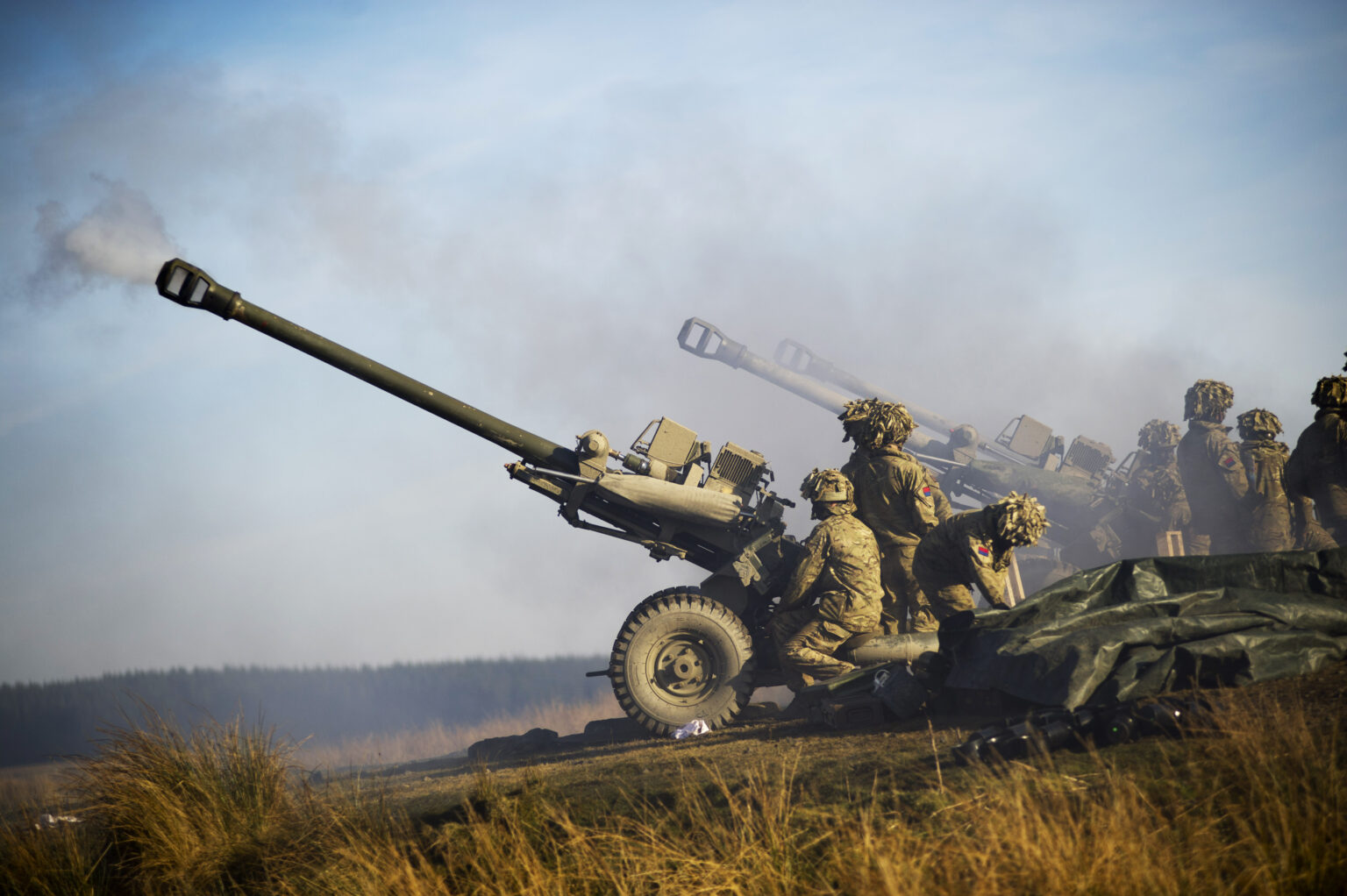Alright, buckle up, folks. If you're here, chances are you're curious about class 4 weapons. And let's be real, who wouldn't be? These aren't your run-of-the-mill firearms; we're talking about heavy hitters, the stuff that gets people talking—and sometimes, in trouble. But don’t sweat it, we’re about to break it all down for you in plain English. So, what exactly are class 4 weapons? Let’s find out.
Now, before we dive headfirst into the nitty-gritty, it's important to set the stage. Class 4 weapons aren’t just some random category; they’re part of a larger legal framework governed by the National Firearms Act (NFA). This act, which dates back to 1934, was created to regulate certain types of firearms that were considered too dangerous for public use. Think of it as the government’s way of saying, "Hey, these aren’t toys." But what makes a class 4 weapon different from, say, a regular handgun or rifle? That’s the million-dollar question we’ll answer today.
One thing’s for sure: if you’re into firearms or even just curious about the law, understanding class 4 weapons is essential. Whether you’re a collector, a hobbyist, or just someone who wants to stay informed, this article’s got you covered. So, grab a cup of coffee, sit back, and let’s explore the world of class 4 weapons together. Trust me, it’s gonna be a wild ride.
Read also:Alex Edelman Daughter The Rising Star In Her Own Right
Understanding the Basics: What Makes a Class 4 Weapon?
Let’s start with the basics. Class 4 weapons are essentially firearms that fall under the "destructive device" category as defined by the NFA. Now, don’t let the term scare you—it’s just a fancy way of saying these are weapons designed for heavy-duty use. This includes things like grenades, missiles, large-bore firearms, and other explosive devices. In short, these aren’t your everyday guns; they’re the big guns, literally and figuratively.
So, why are they classified separately? Well, the government figured out a long time ago that some weapons are just too powerful to be left in the hands of the general public. That’s why they created this special category to ensure that only qualified individuals or organizations can own them. But hold up—owning a class 4 weapon isn’t as simple as walking into a store and slapping down some cash. There’s a whole process involved, which we’ll get into later.
Why Are Class 4 Weapons So Controversial?
Let’s face it: class 4 weapons come with a lot of baggage. On one hand, they’re seen as essential tools for military and law enforcement. On the other hand, they’re often viewed as a potential threat to public safety. This dichotomy has sparked a lot of debate over the years, with both sides presenting valid arguments. For instance, proponents argue that these weapons are necessary for national security, while opponents claim they’re too dangerous to be owned by civilians.
But here’s the kicker: the controversy isn’t just about safety. It’s also about accessibility. While it’s true that owning a class 4 weapon is heavily regulated, some people still manage to get their hands on them illegally. This has led to concerns about how these weapons might end up in the wrong hands. And let’s not forget the legal implications—owning a class 4 weapon without the proper permits can land you in serious trouble.
The Legal Framework: How Are Class 4 Weapons Regulated?
Now that we’ve established what class 4 weapons are, let’s talk about how they’re regulated. The NFA lays out a pretty strict set of rules for owning and transferring these firearms. First off, you need to go through the ATF (Bureau of Alcohol, Tobacco, Firearms and Explosives) to get the necessary permits. This involves filling out a bunch of paperwork, paying a hefty fee, and undergoing a thorough background check. And even then, there’s no guarantee you’ll get approved.
But why go through all this hassle? Well, the government wants to make sure that only responsible individuals or organizations can own class 4 weapons. After all, we’re talking about some serious firepower here. By requiring permits and background checks, the ATF hopes to minimize the risk of these weapons falling into the wrong hands. It’s a delicate balance between public safety and individual rights, and one that continues to be debated to this day.
Read also:7ster Hdcom Your Ultimate Destination For Highquality Streaming
What Happens If You Violate the NFA?
Let’s say you decide to ignore the rules and go rogue with a class 4 weapon. What happens then? Well, let’s just say it’s not pretty. Violating the NFA can result in some serious consequences, including hefty fines, imprisonment, or both. And if you think that’s harsh, consider this: the ATF takes these violations very seriously, and they have the resources to track down offenders. So, if you’re thinking about taking the easy way out, think again.
A Closer Look: Types of Class 4 Weapons
Alright, let’s get down to business. What exactly counts as a class 4 weapon? As we mentioned earlier, these are firearms that fall under the "destructive device" category. This includes a wide range of weapons, from grenades and missiles to large-bore firearms and explosive devices. But what does that mean in practical terms? Let’s break it down.
Large-Bore Firearms: These are guns with a bore diameter of .50 caliber or larger. Think bazookas, cannons, and other heavy artillery. They’re designed for military use and are rarely seen outside of combat zones.
Grenades and Explosive Devices: These are self-explanatory. Grenades, landmines, and other explosive devices are all considered class 4 weapons. They’re incredibly dangerous and require special handling and training.
Missiles and Rockets: Yep, you read that right. Missiles and rockets are also classified as class 4 weapons. While they’re not exactly common among civilians, they do exist in certain collections and military arsenals.
Why Are These Weapons So Dangerous?
The short answer? Because they’re designed to cause massive destruction. Whether it’s a grenade that can level a building or a bazooka that can take out a tank, these weapons pack a serious punch. That’s why they’re so heavily regulated. The last thing anyone wants is for these kinds of weapons to end up in the wrong hands.
Who Can Own Class 4 Weapons?
Now, here’s the million-dollar question: who can actually own class 4 weapons? As it turns out, it’s not as simple as just filling out some paperwork. First off, you need to be a U.S. citizen or a legal resident with a valid permit. Additionally, you must undergo a rigorous background check to ensure you don’t have a criminal record or history of mental illness. And even then, there’s no guarantee you’ll get approved.
But that’s not all. Owning a class 4 weapon also requires a significant financial investment. The permit application fee alone is several hundred dollars, and that’s before you even start talking about the cost of the weapon itself. Add in the cost of storage, maintenance, and insurance, and you’re looking at a pretty hefty price tag.
Can Civilians Own Class 4 Weapons?
Technically, yes. Civilians can own class 4 weapons, but it’s not exactly easy. As we mentioned earlier, you need to go through a rigorous application process and meet strict criteria. Even then, there are limitations on how and where you can use these weapons. For instance, you can’t just take a bazooka out for a spin in your backyard. There are specific regulations governing the use and storage of class 4 weapons, and violating them can result in serious consequences.
The Pros and Cons of Class 4 Weapons
Like any controversial topic, class 4 weapons come with their fair share of pros and cons. On the one hand, they’re incredibly powerful tools that can be used for military and law enforcement purposes. They’re also popular among collectors and history buffs who appreciate their historical significance. On the other hand, they’re incredibly dangerous and require special handling and training.
So, what’s the verdict? Well, that depends on who you ask. Proponents argue that class 4 weapons are essential for national security, while opponents claim they’re too dangerous to be owned by civilians. It’s a complex issue with no easy answers, and one that continues to be debated to this day.
What Are the Risks of Owning Class 4 Weapons?
Let’s talk about the risks. Owning a class 4 weapon isn’t just about the legal implications; there are also safety concerns to consider. For starters, these weapons are incredibly powerful and can cause serious harm if not handled properly. That’s why training and certification are so important. Additionally, there’s always the risk of theft or misuse, which can have serious consequences for both the owner and the public.
How to Safely Handle Class 4 Weapons
Alright, let’s say you’ve jumped through all the hoops and managed to acquire a class 4 weapon. Congrats! But now what? How do you ensure that you’re handling it safely and responsibly? First off, you need to undergo the proper training. This involves learning how to safely handle, store, and maintain the weapon. It’s also important to invest in proper storage solutions, such as safes or lockboxes, to ensure that the weapon is secure at all times.
But that’s not all. You also need to be aware of the legal requirements governing the use and storage of class 4 weapons. This includes things like where you can use the weapon, how you can transport it, and what kind of insurance you need. Ignoring these requirements can result in serious consequences, so it’s important to stay informed and up-to-date on the latest regulations.
What Happens If Something Goes Wrong?
Let’s face it: accidents happen. But when it comes to class 4 weapons, the stakes are a lot higher. If something goes wrong, the consequences can be catastrophic. That’s why it’s so important to take every precaution to ensure that you’re handling the weapon safely and responsibly. This includes things like regular maintenance, proper storage, and ongoing training. And if something does go wrong, it’s important to have a plan in place to minimize the damage and ensure the safety of everyone involved.
Conclusion: Is It Worth It?
So, there you have it—the lowdown on class 4 weapons. Are they worth the trouble? That depends on your perspective. For some, the allure of owning a piece of military history is irresistible. For others, the risks outweigh the benefits. Whatever your stance, one thing’s for sure: class 4 weapons are a complex and controversial topic that’s sure to spark debate for years to come.
Before we wrap things up, let’s quickly recap the key points. Class 4 weapons are firearms that fall under the "destructive device" category as defined by the NFA. They include things like grenades, missiles, and large-bore firearms, and are heavily regulated by the ATF. Owning one requires a significant investment of time, money, and effort, and comes with its fair share of risks. But for those who are willing to jump through the hoops, the rewards can be significant.
So, what’s next? If you’re interested in learning more about class 4 weapons, be sure to check out some of our other articles on the subject. And if you have any questions or comments, feel free to leave them below. We’d love to hear from you!
Daftar Isi:
- What Are Class 4 Weapons?
- Understanding the Basics
- Why Are Class 4 Weapons So Controversial?
- The Legal Framework
- What Happens If You Violate the NFA?
- A Closer Look: Types of Class 4 Weapons
- Why Are These Weapons So Dangerous?
- Who Can Own Class 4 Weapons?
- Can Civilians Own Class 4 Weapons?
- The Pros and Cons of Class 4 Weapons
- What Are the Risks of Owning Class 4 Weapons?
- How to Safely Handle Class 4 Weapons
- What Happens If Something Goes Wrong?



